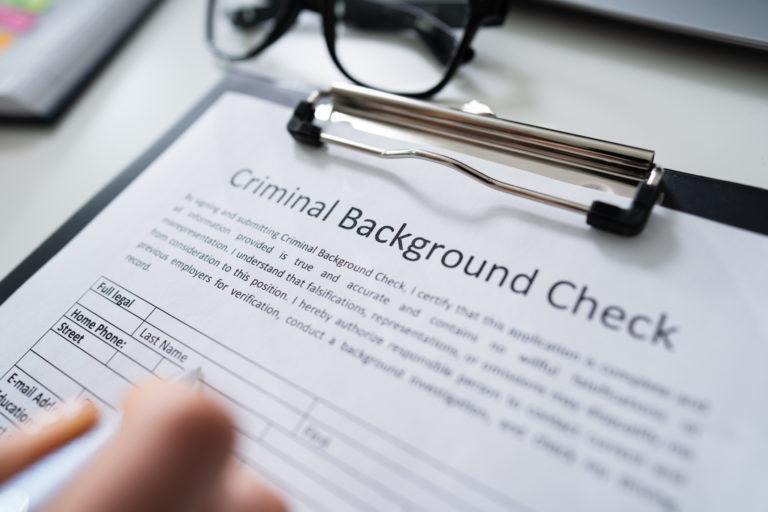
In California, criminal records could lock ex-convicts out of certain job opportunities and be denied housing in specific neighborhoods. Your potential employer could screen your criminal background or ask for your criminal history during your job application.
However, California employment law regulates the use of arrest and conviction records. The statutes include:
California Ban-the-Box Law
In 2018, California passed the Ban-the-Box law under the amended Fair Employment and Housing Act (FEHA). Under the statute, public and private employers with more than five workers cannot ask about your criminal history until they offer you employment.
Also, the employers should evaluate your qualifications before secluding you because of your criminal history. Should the employer decide not to hire you based on your criminal record, they must notify you in writing and allow you to explain the circumstances.
However, there are some exceptions to this rule. For example, if you will be working in a law enforcement agency, with children, the elderly, or the disabled, your employer could ask about your criminal history on a job application.
The Link Between the Ban-The-Box Law and Antidiscrimination Laws
California and federal laws prohibit employers from discriminating against potential employees based on characteristics like race or ethnicity. Disqualifying applicants because they have criminal history could appear like racial discrimination. For instance, Latinos and African Americans face more arrests than other ethnicities in California.
The Equal Employment Opportunity Commission Guidelines
The Equal Employment Opportunity Commission (EEOC) regulates how employers handle job applicants with criminal records. Employers must avoid discriminating against applicants even when disqualifying them. The guidelines require that employers ask applicants with criminal pasts to explain their offenses’ circumstances. The mandates ensure convicted applicants who pose no significant risks to the employer undergo fair hiring processes.
Fair Employment and Housing Act Guidelines
On 1st July 2017, FEHA provided guidelines on how employers could prevent discrimination cases when assessing applicants with criminal pasts. Guidelines that FEHA set are like Ban-the-Box laws. These guidelines illegalize:
- Rejecting job applicants based on their criminal records.
- Discriminating against job applicants based on their ethnicity.
If the applicant has a criminal history, the employer must prove that they disqualified the applicant based on job-related causes and not because of criminal history.
Labor Codes
- Labor Code Section 432.7. The statute illegalized employers’ acts of requesting an applicant’s arrest history that never resulted in a conviction, even if they reached pre-trial or post-trial programs.
- Labor Code Section 432.8. Under this statute, employers cannot ask ex-convictions about their marijuana convictions over two years old, sealed, statutorily deleted, or expunged convictions.
- Labor Code Section 432.8. The law prohibits employers from asking for your criminal record if you are not applying for sensitive positions, such as working with children, the elderly, or the disabled.
Background Check Guidelines
Employers could conduct background checks using third parties or in-house. If the employer considers hiring a third party, they must obey the Fair Credit Reporting Act (FCRA) regulations. The employer must provide notices and ask for the applicant’s written consent before conducting checks.
The notices are:
- Opportunity to respond. The employer must send you a written notice explaining the exact conviction resulting in disqualification. The convictions must not be over seven years. You could respond with an explanation stating inaccuracies or mitigating factors.
- Notice of final decision. The employer should consider your explanation. If the employer disqualifies the applicant completely, they must issue the applicant a written notice.
You have the right to file a complaint with the Department of Fair Employment and Housing (DFEH). If you win the case, the accused employer is liable for damages you suffer for facing discrimination, including attorney fees, court expenses, and your compensation.